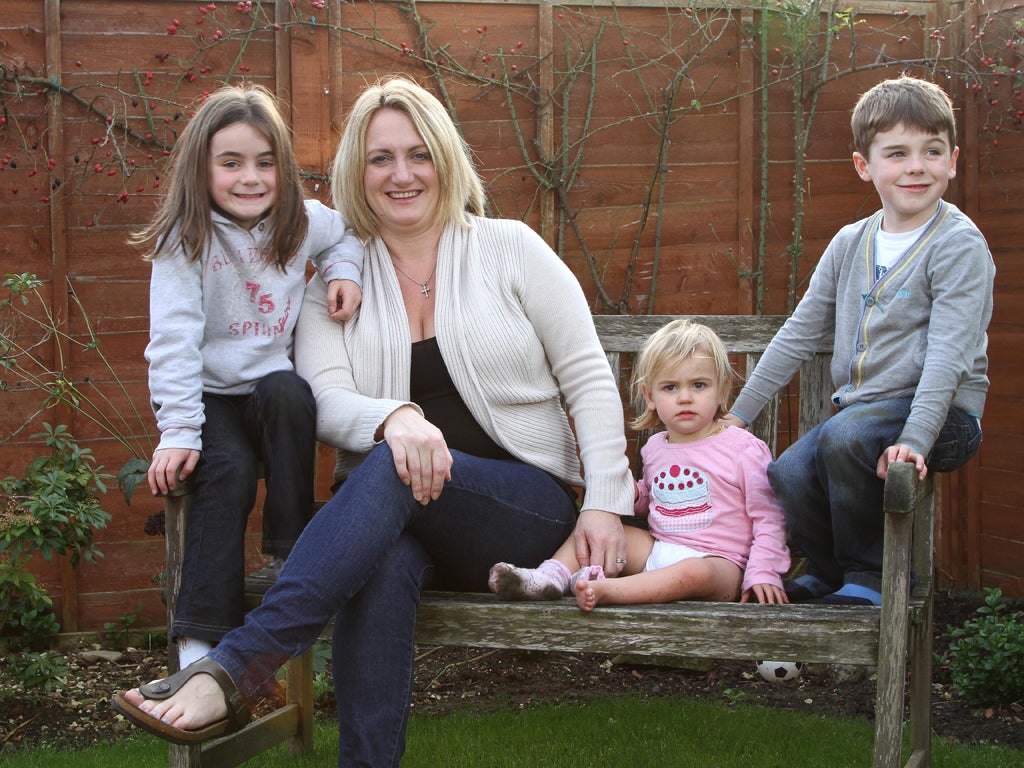People would pay a lot to get a better work-life balance
And society as a whole would benefit, says report

Your support helps us to tell the story
From reproductive rights to climate change to Big Tech, The Independent is on the ground when the story is developing. Whether it's investigating the financials of Elon Musk's pro-Trump PAC or producing our latest documentary, 'The A Word', which shines a light on the American women fighting for reproductive rights, we know how important it is to parse out the facts from the messaging.
At such a critical moment in US history, we need reporters on the ground. Your donation allows us to keep sending journalists to speak to both sides of the story.
The Independent is trusted by Americans across the entire political spectrum. And unlike many other quality news outlets, we choose not to lock Americans out of our reporting and analysis with paywalls. We believe quality journalism should be available to everyone, paid for by those who can afford it.
Your support makes all the difference.Most people would be willing to give up £20 of their weekly income for an hour off, according to a report to be published next week.
Despite rising living costs, wage freezes and fears over job security, the average person in the UK is still willing to make financial sacrifices to improve their work-life balance. Many households would opt for a small reduction in income to improve the collective well-being of society, a study by the Demos think tank and PricewaterhouseCoopers (PwC) has found.
The report due to be published on Tuesday, Good Growth: A Demos and PwC Report on Economic Wellbeing, shows that the average household would be willing to forgo £1,200 of its yearly disposable income if they believed this would reduce unemployment or long-term illness by 1 per cent. Most would also be willing to sacrifice £500 to improve equality within society.
In recent years, there has been a big increase in demand for all forms of flexible working. The law provides carers and parents with statutory rights to request more flexibility in hours. Jane and Liam Blackmore, both 34, from Caversham, have three children and Liam is a full-time father. Mrs Blackmore, who works full time, said a better work-life balance was difficult because she is the only breadwinner. "I work four days a week in the office and many more hours from home. I do strive for more of a work-life balance, but I find that if something has to give, it is usually time with my husband. The money I earn is very important as I am the only wage earner. In a dream world I would spend more time at home, but in reality it is not feasible."
The Demos report recommends that encouraging firms to increase opportunities for flexible working would be well received by the public and could increase staff engagement, motivation and performance.
Kitty Ussher, co-author of the report said: "It might not be a complete surprise that people would rather work less than they currently do, but it is surprising just how dearly they value their free time."
Firms that don't allow employees to be flexible with their time are missing a trick. "A better rested, more engaged workforce would make business sense," said Ms Ussher.
"Notwithstanding tight budgets, the desire to reduce levels of unemployment and disability, as well as looking out for future generations, reminds us that [the public] feel a sense of collective responsibility – perhaps more than they get credit for."
Paul Cleal, a government and public sector leader at PwC, added: "Companies are getting better at meeting the demands for flexibility, not only because of new technology, but also new attitudes. By demonstrating flexibility as an employer, companies get more committed staff, which is reflected in lower turnover and higher productivity."
Join our commenting forum
Join thought-provoking conversations, follow other Independent readers and see their replies
Comments